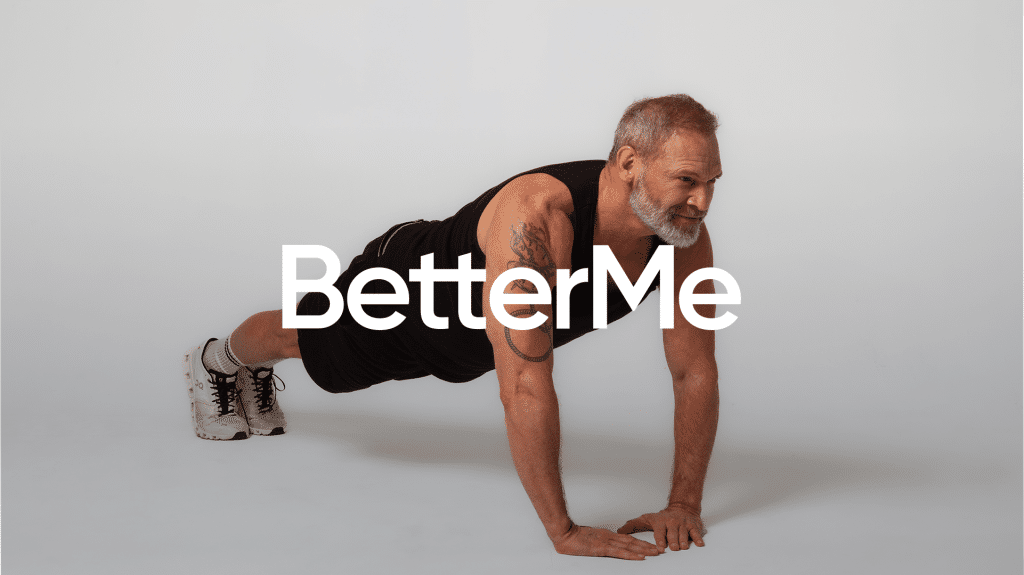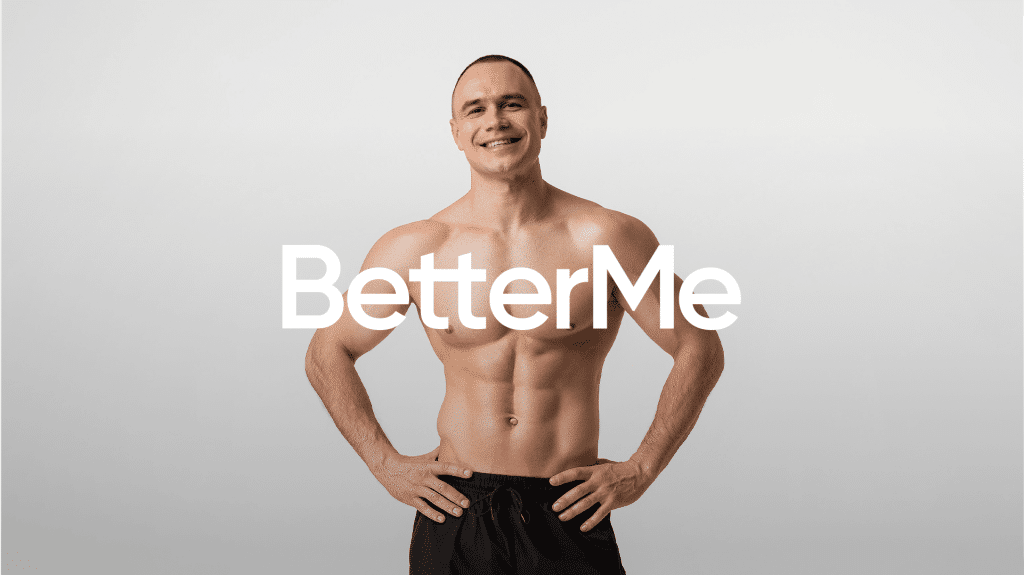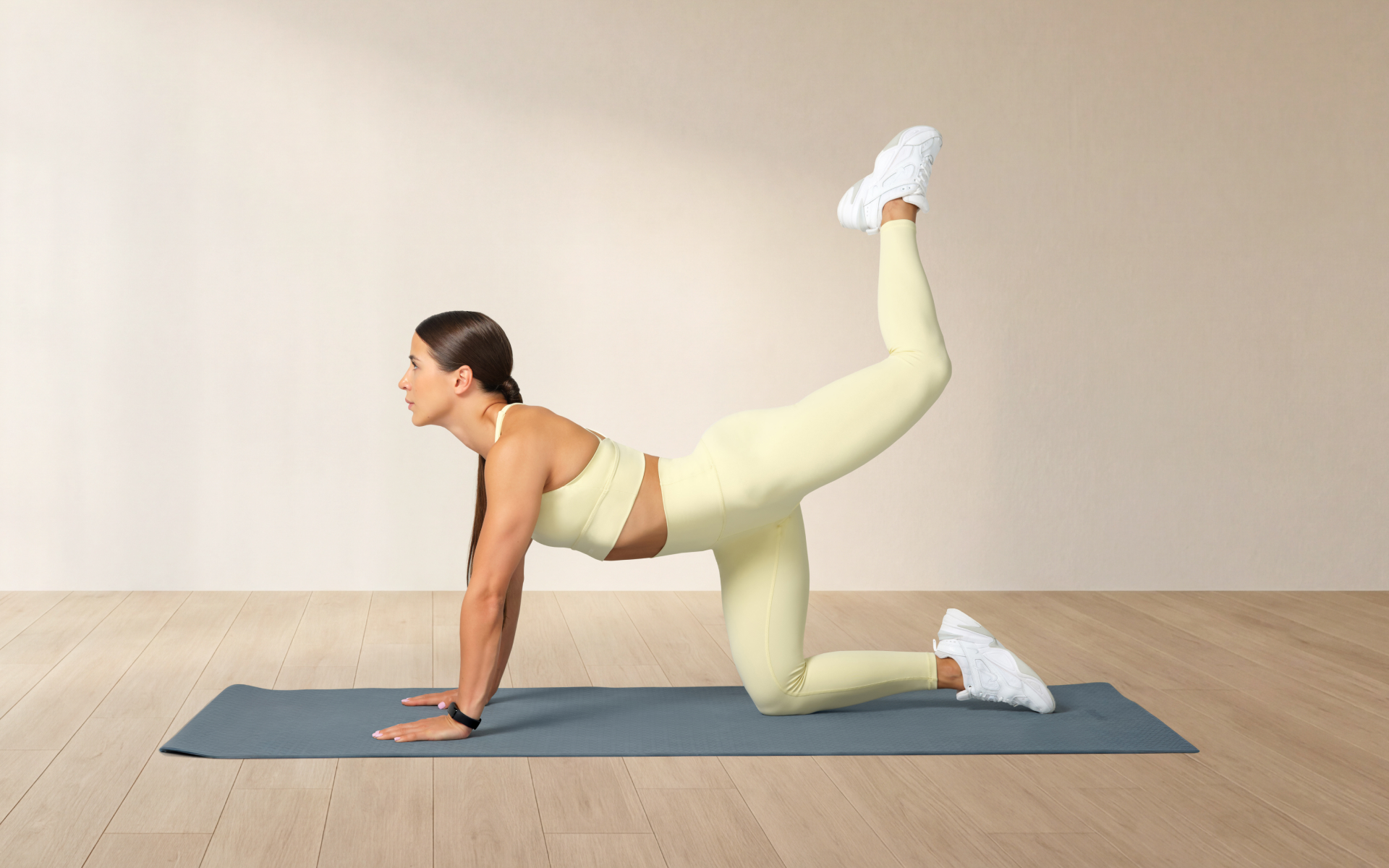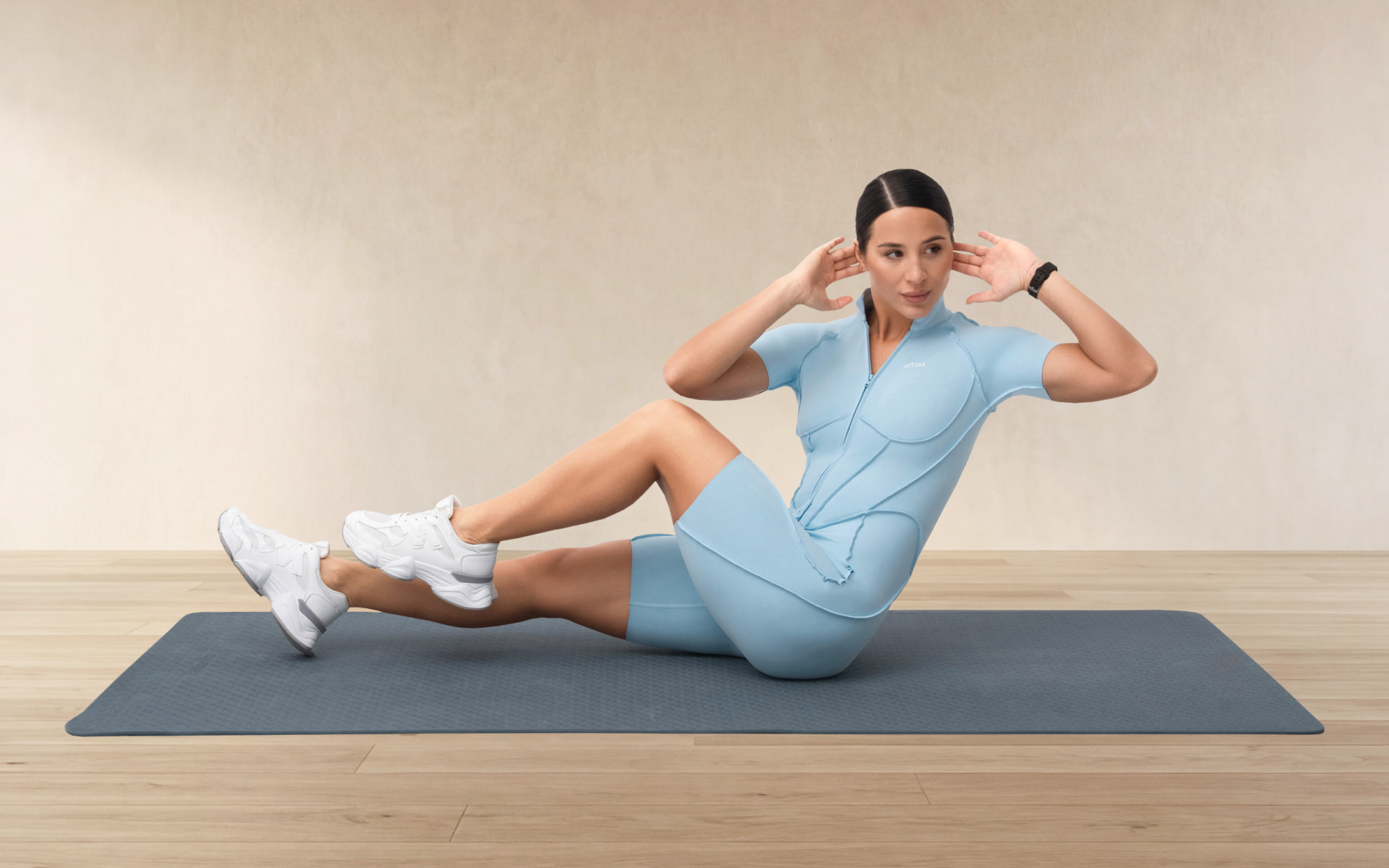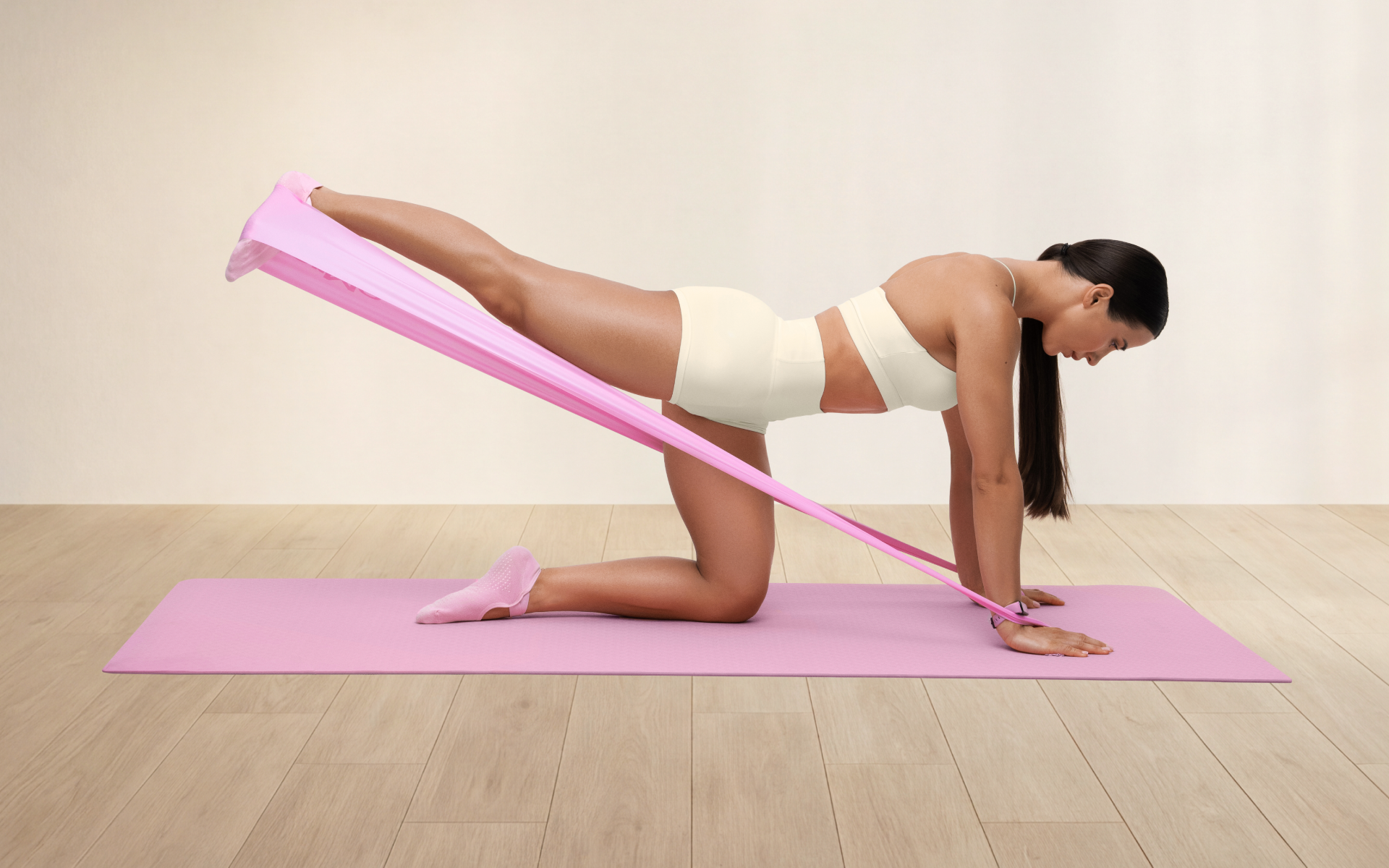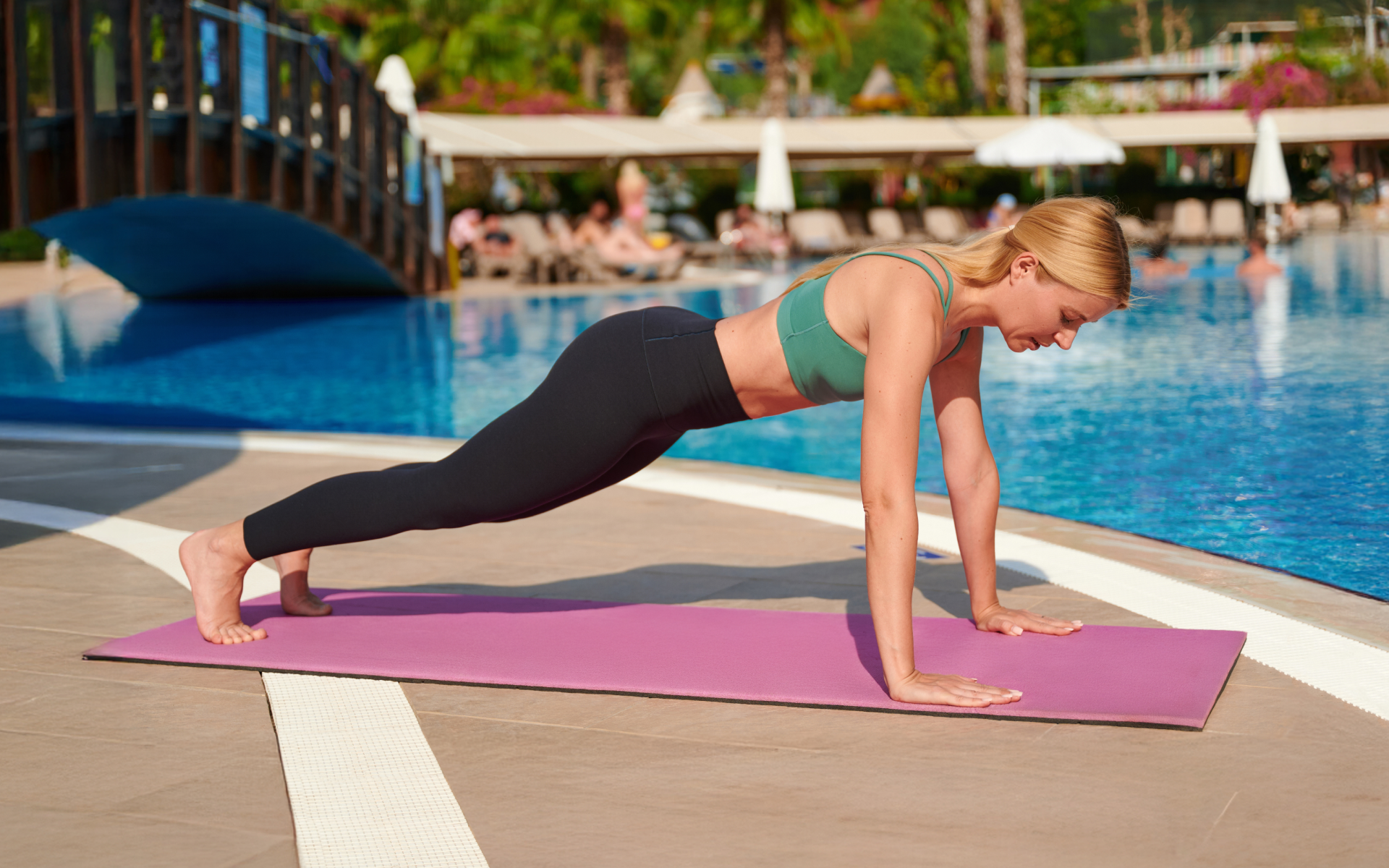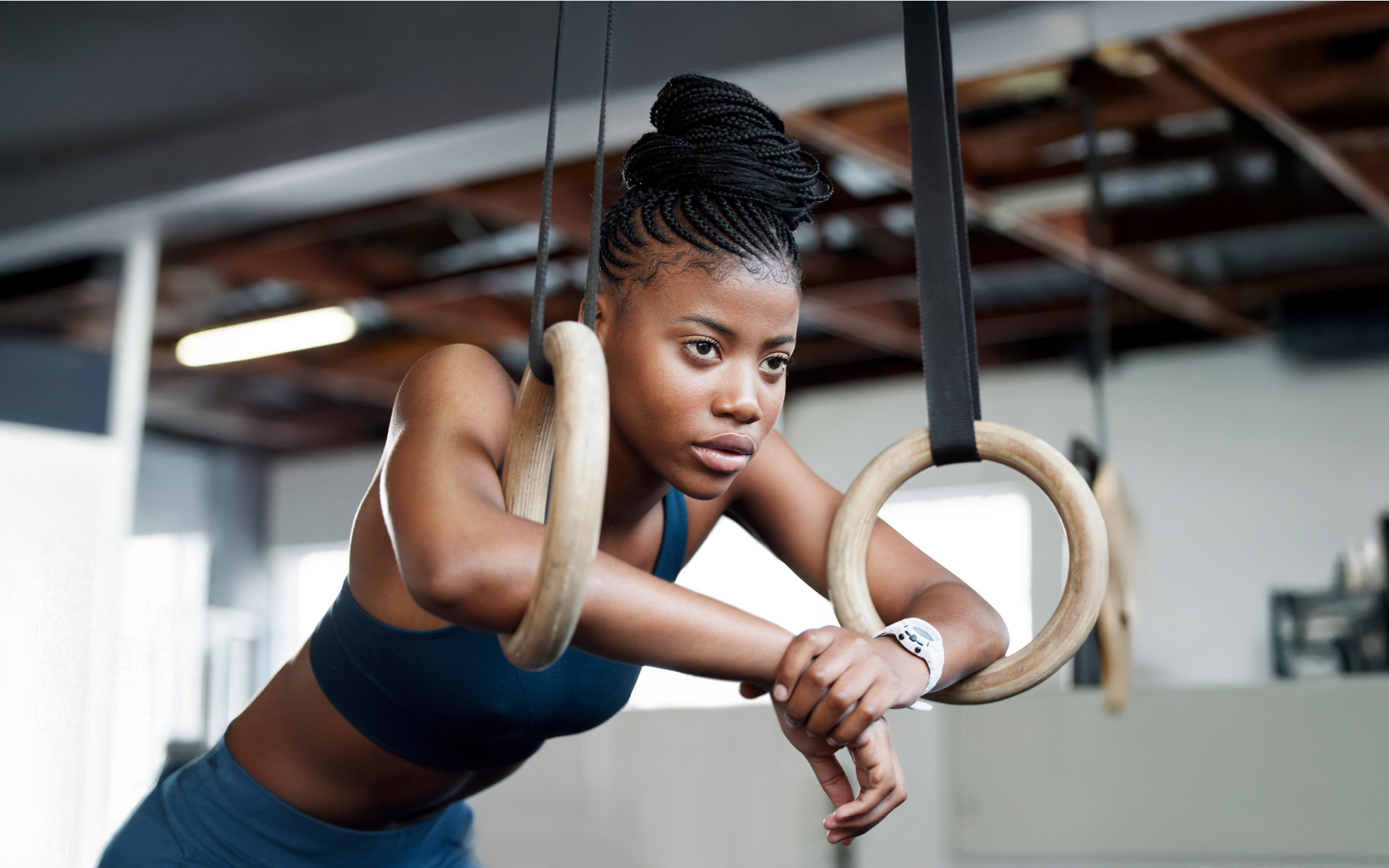You’ve decided that calisthenics is the way to go, and you might be onto something. This type of exercise, which leverages your body weight and gravity to build strength, agility, and flexibility, is an age-old discipline that’s making a modern comeback. It requires little to no equipment, making it accessible and convenient for anyone, anywhere. Seems simple enough, but you might be scratching your head trying to understand which exercises count, which are most effective, and how to structure them into a workout that suits your current fitness level. This ultimate list of all calisthenics exercises is here to dissolve all your doubts.
How Many Calisthenics Exercises Are There?
The number of all calisthenics exercises can vary greatly depending on how you categorize and define them.
A commonly referenced list might include around 50-60 distinct exercises that cover a broad range of muscle groups and offer varying degrees of difficulty. You can modify and combine calisthenics moves, which essentially makes the number of potential exercises limitless.
What Exercises Are Included In Calisthenics?
Calisthenics exercises encompass a wide range of bodyweight movements, all designed to improve strength, flexibility, and endurance. They generally target multiple muscle groups at once and can be performed with little to no equipment. The exercises included in calisthenics can be broadly classified into upper-body, lower-body, core, and full-body exercises.
Advanced calisthenics also includes more complex movements like handstands, muscle-ups, and human flags. These exercises require a higher level of strength and control and are typically performed by more experienced practitioners.
Read More: Weighted Calisthenics: The Ultimate Guide To Advanced Bodyweight Training
The Complete List Of Calisthenics Exercises
Below are the most common calisthenics exercise examples suitable for a range of skill levels, from beginners starting their fitness journey, to advanced practitioners seeking new challenges.
Whether you’re looking for 10 calisthenics exercises to kickstart your routine or wanting a complete catalog of all calisthenics exercises to diversify your workout, this list has got you covered.
- Air Squats
- Alternating Jump Lunges
- Arch Hold
- Arm Circles
- Atomic Push-ups
- Australian Pull-ups
- Around The World
- Back Bridge
- Bear Crawl
- Bench Dips
- Bicycle Crunches
- Bird Dogs
- Body Rows
- Broad Jumps
- Burpees
- Calf Raises
- Chin-ups
- Clap Push-ups
- Close Grip Push-ups
- Commandos
- Crab Walk
- Cross-body Mountain Climbers
- Crow Pose
- Dead Bug
- Decline Push-ups
- Diamond Push-ups
- Dips
- Donkey Kicks
- Double Under
- Dragon Walk
- Duck Walk
- Elbow Plank
- Elevated Push-ups
- Explosive Push-ups
- Extended Plank
- Extended Side Plank
- Eagle Pose (Garudasana)
- Flutter Kicks
- Forward Lunges
- Frog Jumps
- Frog Stand
- Front Lever
- Front Plank
- Fingertip Push-ups
- Glute Bridge
- Glute Kickbacks
- Grasshoppers
- Groiners
- Goblet Squat
- Good Mornings
- Gorilla Jumps
- Handstand Push-ups
- High Knees
- Hindu Push-up
- Hanging Leg Raises
- Hip Bridge
- Hollow Body Hold
- Hyperextensions
- Incline Push-ups
- Inchworms
- Inverted Row
- Iron Cross
- Inverted Shoulder Press
- Isometric Squat
- Jumping Jacks
- Jump Squats
- Jumping Lunges
- Jackknife Sit-ups
- Judo Push-ups
- Jump Rope
- Knee Push-ups
- Kneeling Jump Squat
- Kick-throughs
- Kettlebell Swings
- Knee Tucks
- King Cobra Push-ups
- Lateral Squats
- Lateral Lunges
- L-Sits
- Leg Raises
- Lunges
- Leopard Crawl
- Lateral Step-ups
- Lateral Plank Walk
- Mountain Climbers
- Muscle-ups
- Modified Push-ups
- Monkey Bars
- Medicine Ball Slams
- Marching Plank
- Modified Burpees
- Mountain Jumper
- Negative Push-ups
- Nordic Curls
- Neutral Grip Pull-ups
- Narrow Squats
- Nose to Ground Push-ups
- Overhead Squats
- One-Legged Squats (Pistol Squats)
- One-Arm Push-ups
- One-Arm Pull-ups
- Oblique Crunches
- Push-ups
- Pistol Squats
- Plank
- Pull-ups
- Pike Push-ups
- Quadruped Leg Lifts
- Quick Feet
- Quadruped Arm Lifts
- Russian Twists
- Running in Place
- Reverse Crunches
- Rock Climbers (Mountain Climbers)
- Rows (Body Rows)
- Squats
- Sit-ups
- Supermans
- Side Plank
- Skaters
- Tricep Dips
- Toe Touches
- Tuck Jumps
- Triangle Push-ups
- Turkish Get-up
- Underhand Grip Pull-ups
- Upward Dog
- Uneven Squats
- Up and Over Jump
- Upright Row
- V-ups
- Vertical Jumps
- Vinyasa Flow
- Wall Sits
- Windshield Wipers
- Walking Lunges
- X-Jumps
- X-Plank
- Zombie Walks
BetterMe app will kick you out of the mental funk, shake off your extra weight, rid you off your energy-zapping habits, and help you sculpt the body of your dreams. Intrigued? Hurry up and change your life for the better!
List Of Push And Pull Exercises Calisthenics
Push exercises typically involve the force to push your body away from the ground, muscles predominantly responsible for push movements include your chest, triceps, and shoulders.
Pull exercises, on the other hand, require you to pull yourself up or bring something towards your body, predominantly utilizing muscles of your back, biceps, and lats. Here’s a list of some common push and pull calisthenics exercises that you can incorporate into your workout routine:
Push Exercises
- Push-ups: A classic exercise that targets the chest, shoulders, and triceps.
- Dips: This primarily works the triceps, chest, and front of the shoulders.
- Pike push-ups: An advanced version of push-ups targeting the shoulder muscles more intensely.
- Squats: These work the lower body, mainly the quads and glutes.
- Lunges: Another lower body exercise that targets the quads, glutes, and hamstrings.
- Handstand push-ups: An advanced exercise that targets the shoulders, triceps, and core.
Pull Exercises
- Pull-ups: A staple calisthenics exercise that targets the back muscles and biceps.
- Chin-ups: Similar to pull-ups but with a different grip (your palms face towards you), focusing more on the biceps.
- Inverted rows: These work the back muscles, biceps, and forearms.
- Hanging leg raises: Mainly a core exercise, but the action of hanging from the bar also engages the lats as well as shoulder strength and stability.
- Body rows: This exercise targets the back muscles, biceps, and forearms.
- Muscle-ups: An advanced exercise that combines a pull-up and a dip, working the entire upper body.
Calisthenics exercises can range from simple, beginner-friendly moves to advanced, complex maneuvers. Here’s a list of calisthenics exercises ranked by their level of difficulty:
Beginner
- Squats: A basic lower body exercise that targets the quads, glutes, and hamstrings.
- Push-ups: This classic move works the chest, triceps, and shoulders.
- Jumping jacks: A full-body cardio move that also works the arms and legs.
- Mountain climbers: This exercise targets the entire body, particularly the core and lower body.
- Lunges: Another lower body exercise that works the quads, glutes, and hamstrings.
Intermediate
- Dips: Primarily works the triceps, chest, and front of the shoulders.
- Pull-ups: This exercise targets the back muscles and biceps.
- Inverted rows: Works the back muscles, biceps, and forearms.
- Hanging leg raises: Mainly targets your core but also engages the lats.
- Pike push-ups: An advanced version of push-ups that targets the shoulder muscles more intensely.
Advanced
- Muscle-ups: A complex movement that combines a pull-up and a dip, working the entire upper body.
- Handstand push-ups: This exercise targets the shoulders, triceps, and core in a challenging inverted position.
- Front lever: An advanced static hold that targets the lats, core, and shoulders.
- Planche: This is a challenging balance move that works the entire body, with an emphasis on the shoulders and core.
- Human flag: One of the most difficult calisthenics exercises, this move requires tremendous core, arm, and shoulder strength.
Read More: 30-Day Calisthenics Workout Plan: 4 Customizable Calisthenics Plans For All Fitness Levels
Is 20 Minutes Of Calisthenics Exercises Enough?
Yes, 20 minutes of calisthenics can be enough, especially if you’re just starting out or if you’re doing a high-intensity workout. The key is to make sure those 20 minutes are spent efficiently.
High-intensity interval training (HIIT) or circuit-style workouts can be particularly effective in this timeframe, as they keep your heart rate elevated and work multiple muscle groups. However, as your fitness level improves, you may need to increase the duration or intensity of your workouts to continue seeing progress.
Remember, consistency is more important than the length of each individual workout.
Is Only Calisthenics Enough?
If your goal is general fitness, body toning, or weight loss, calisthenics can be a great choice. Calisthenics exercises use body weight as resistance and can target all major muscle groups, offering a well-rounded workout that can improve strength, flexibility, and endurance (1).
However, if your goal is to achieve significant muscle mass or specialize in certain strength disciplines, you might need to incorporate additional training methods. While calisthenics can build some muscle and strength, it might not provide the same level of hypertrophy (muscle growth) as strength training using free weights.
Additionally, although calisthenics can improve cardiovascular fitness to some degree, especially when performed in a circuit-style format, those seeking specific endurance or speed benefits might still want to include dedicated cardio workouts.
FAQs
What are the only 3 calisthenics exercises you need?
While the “only three” can vary based on individual fitness goals, a solid foundational trio of calisthenics exercises might include push-ups, pull-ups, and squats.
Push-ups target your chest, triceps, and shoulders, pull-ups primarily work your back and biceps, and squats engage your lower body, including quads, glutes, and hamstrings.
Does calisthenics include cardio?
Yes, calisthenics can definitely include cardio.
Many calisthenics exercises, like burpees, mountain climbers, or jump squats, have a cardiovascular component, especially when performed in high-intensity circuit-style workouts. The rapid movement between exercises with minimal rest can keep your heart rate elevated, providing a good cardio workout.
Lean and toned up body isn’t just a far-fetched fantasy. Check out the BetterMe app and watch it propel your weight loss journey into high gear!
Does calisthenics include weights?
Traditional calisthenics exercises primarily use your own body weight as resistance.
However, it’s not uncommon to incorporate external weights into calisthenics routines to increase difficulty or focus on specific muscle groups. Weighted vests, dumbbells, or kettlebells can be used in exercises like weighted pull-ups, push-ups, or squats.
How to create a calisthenics workout?
To create a calisthenics workout, start by identifying your fitness goals. Then, choose a variety of exercises that target the upper body, lower body, and core, ensuring a balance of push and pull movements.
The number of sets and reps will depend on your goals; fewer reps and more sets for strength and muscle growth, and higher reps with fewer sets for endurance and toning. Plan to work out at least 3 days a week, incorporating rest days for recovery. Always include a warm-up and cool-down in your routine.
The Bottom Line
The Ultimate Calisthenics List of Exercises for Every Level is your comprehensive guide to bodyweight exercises, offering a variety of movements for beginners to advanced enthusiasts. Whether you’re looking to build strength, increase flexibility, or boost endurance, this list has got you covered.
DISCLAIMER:
This article is intended for general informational purposes only and does not serve to address individual circumstances. It is not a substitute for professional advice or help and should not be relied on for making any kind of decision-making. Any action taken as a direct or indirect result of the information in this article is entirely at your own risk and is your sole responsibility.
BetterMe, its content staff, and its medical advisors accept no responsibility for inaccuracies, errors, misstatements, inconsistencies, or omissions and specifically disclaim any liability, loss or risk, personal, professional or otherwise, which may be incurred as a consequence, directly or indirectly, of the use and/or application of any content.
You should always seek the advice of your physician or other qualified health provider with any questions you may have regarding a medical condition or your specific situation. Never disregard professional medical advice or delay seeking it because of BetterMe content. If you suspect or think you may have a medical emergency, call your doctor.
SOURCES:
- Effect of Progressive Calisthenic Push-up Training on Muscle Strength and Thickness (2018, pubmed.gov)

